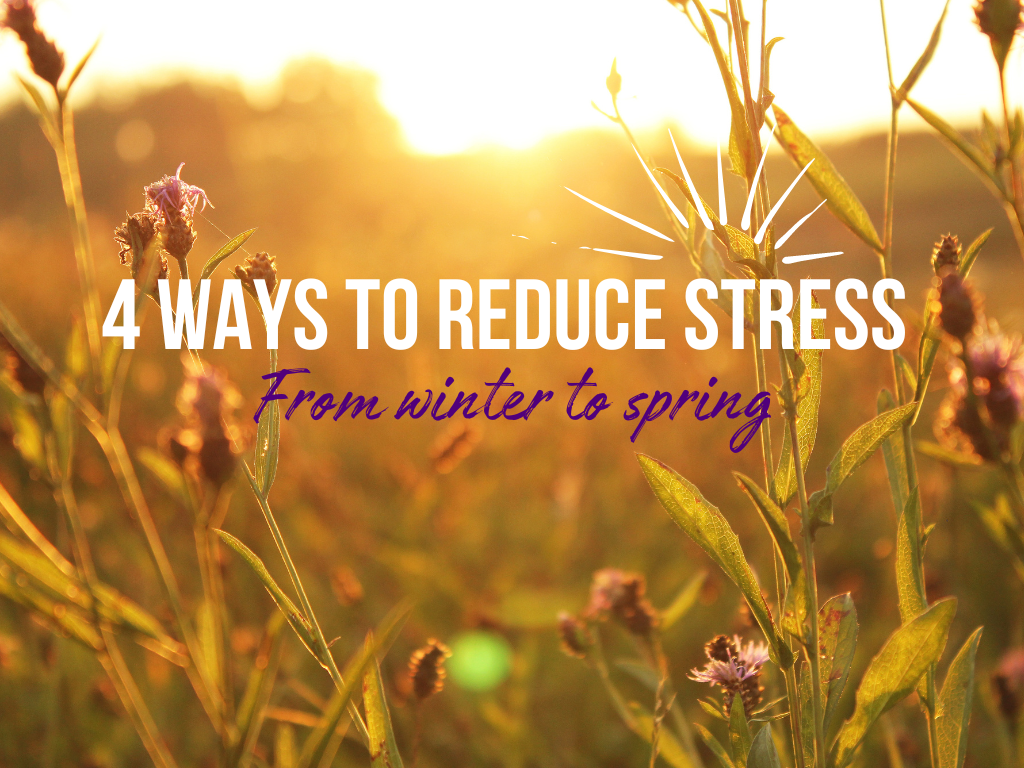23 Jan Prime Health & Well-Being: 4 Ways To Reduce Stress
Experiencing stress or anxiety in response to changes is a natural human reaction. Humans often struggle with an uncomfortable intolerance of uncertainty, and undergoing any change can be a disconcerting experience. Additionally, transitions and the accompanying stress can impact physical health. For instance, feeling under the weather during seasonal changes, such as from winter to spring, is attributed to the immune system reacting to the alterations. Changing weather can stress our systems, and new pollens and seeds, while providing a pleasant aroma, can also trigger allergic reactions.
CCC
However, you are not powerless in the face of changing seasons or your body and mind’s reactions to them. You can take control and embrace the fresh, new season with energy and vigour by proactively reducing stress during the transition.
CCC
1. Illuminate Your Living Space:
Engage in a thorough spring clean to promote mental and physical well-being. Organizing and decluttering your living space create a healthier and less chaotic environment.
CCC
2. Move Your Body:
Exercise is a crucial aspect of overall health and well-being. Studies indicate that incorporating movement into your daily routine, even for just 15 minutes a day, benefits both physical and mental health. The transition from winter to spring provides an excellent opportunity to enjoy nature and fresh air. Establish a daily habit of movement, starting small and choosing activities you enjoy to minimize stress.
ccc
3. Practice Mindfulness:
Mindfulness involves fully experiencing each moment in your life, irrespective of its nature. Use your senses to bring yourself into the present moment and calm racing thoughts. Mindfulness is a lifestyle choice that proves beneficial in stress management. Despite the added responsibilities that the spring season may bring, staying mindful can help navigate busyness.
ccc
4. Spring Into Healthy Eating:
The winter season often encourages hibernation, comfort foods, and energy conservation. While comfort foods provide temporary satisfaction, their long-term impact on overall health can be detrimental. The transition from winter to spring presents an opportune moment to adopt healthy eating habits, fostering an energized and healthy life.




